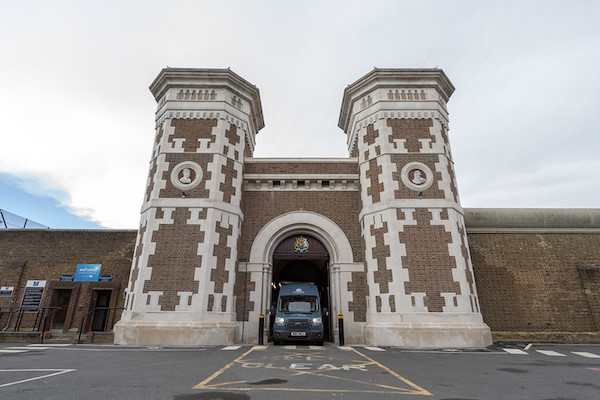The prison charity Pact has called for prisoners’ families to be given a greater role in their healthcare.
In “Nobody’s Listening”, a new report published last week, the Prison Advice and Care Trust says that families are “too often locked out of a system that doesn’t value their role as carers” and details how health outcomes improve where families are involved.
“When the system works well it can have a positive impact on people’s health, allowing prisoners to access previously unavailable support,” Pact said in an accompanying statement.
The report makes ten recommendations, including training in a “Think Family” approach for prison and healthcare staff, the introduction of a single point of contact for families to engage with prison healthcare, and the diversion of more prisoners with complex mental health conditions to community treatment or secure settings.
The UK’s prison population, which stands at almost 90,000, has some of the worst health problems of any demographic, with a life expectancy 20 years lower than the general population.
One in three prisoners has a serious drug addiction, and half have a mental health problem, with rates of self-harm at 684 incidents per 1,000.
“Nobody’s Listening” records the views of 33 families and finds that the effective involvement of families would reduce deaths in custody and relieve pressure on the health service and criminal justice system, by improving health outcomes and reducing reoffending.
Pact’s chief executive, Andy Keen-Down, said that research had demonstrated the “crucial role” of families in all healthcare settings, but in prisons “all too often guidance about family involvement is simply not put into practice”.
“Families bring with them a wealth of experience and knowledge – they know what ‘well’ looks like and understand the subtle signs that someone is struggling,” he said.
“Ensuring that prisoners get access to the right healthcare isn’t just about doing the right thing – it creates safe prison regimes, reduces reoffending and relieves pressure on the NHS.”
The Bishop of Arundel and Brighton, Richard Moth, who is the bishops’ conference liaison for prisons, said the recommendations should “inspire real change in a system which so often leaves families feeling unheard and isolated”.
“The findings reaffirm a Christian understanding of our connectedness as human beings and especially of the importance of family relationships.”



 Loading ...
Loading ...